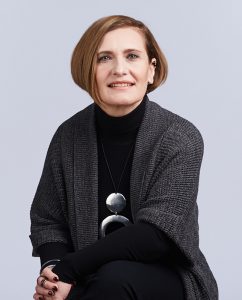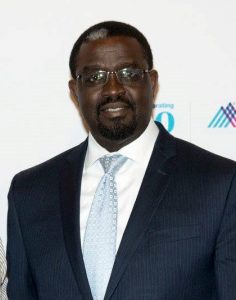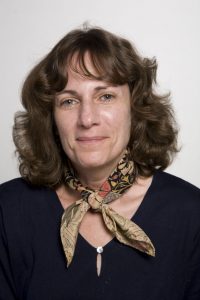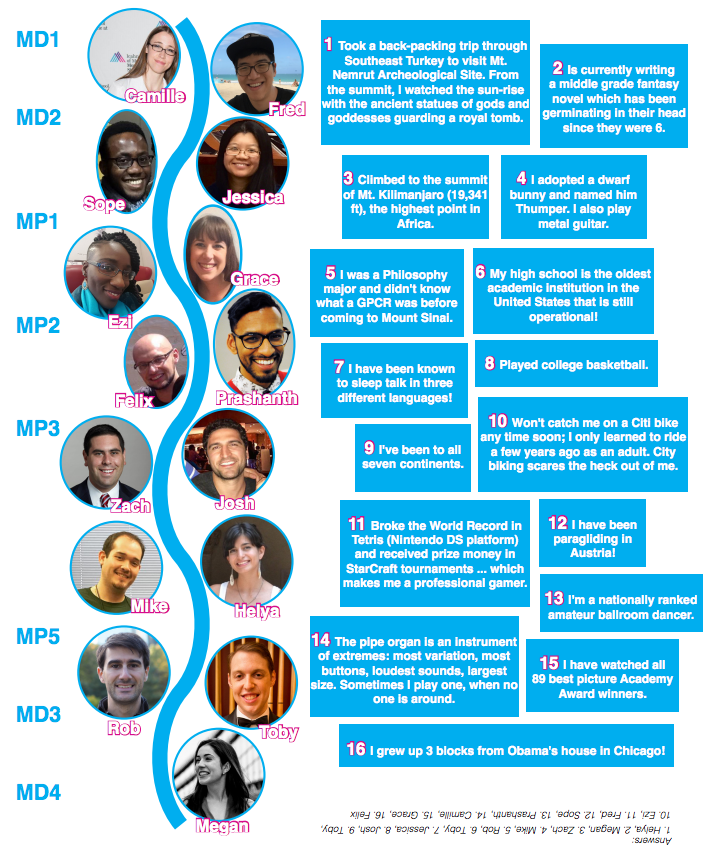Click here to download a pdf of the milestones!
Summer before Year 1
| Milestone | Deadline |
| Identify first laboratory rotation before arrival (Director’s approval required) and complete laboratory rotation agreement | June 15
(before matriculation) |
| Assignment of pre-clinical advisors | By end of Summer |
| Laboratory Rotation Presentation; complete lab rotation evaluation with summer mentor | Early Aug (date varies) |
| Meet with MTA director | August 1 |
| Meet with Faculty Advisor | September |
| NOTE: Vacation is taken before starting in program
• Problem Solving in Biomedical Science (PSBS) course (summer) • First laboratory rotation (summer) |
|
YEAR 1 – MD1
| Milestone | Deadline |
| White Coat Ceremony | Mid-September |
| InFocus 1 First Year MD/PhD summer rotation planning meeting | October (date varies) |
| Meet with Director to discuss progress and rotation choices for upcoming summer (Dec 1 – Jan 31) | Feb 1 |
| Complete Individual Development Plan for MD/PhDs (IDP for MD/PhD) – complete online, discuss and have signed by advisor, and submit to Program Manager | Feb 15 |
| Identify second/third rotations (Director’s approval required) and complete laboratory rotation agreement | March 1 |
| Required Courses and Events
• Annual MSTP Retreat • Medical school courses • Biomedical Sciences (BMS) for MD/PhD Fall/Spring Courses • Responsible Conduct in Research (RCR) (can also be taken in MD2, MP1) • Rigor and Reproducibility (R&R) (can also be taken in MD2, MP1) • Medical Scientist Grand Rounds (MSGR) ~8 sessions per year |
|
YEAR 2 – MD2
| Milestone | Deadline |
| Complete Second and Third Laboratory Rotations/ Laboratory Rotation Presentation and complete laboratory rotation agreement | Early Aug |
| Fall Preclinical Advisor meeting | November 1 |
| “Getting Started in the Lab” Dinner meeting with Director to discuss transitioning to the Graduate School | Mid-Feb
(date varies) |
| Meet with Director to discuss selection of PhD mentor (Sept – Feb) | Feb 15 |
| Complete Individual Development Plan for MD/PhDs (IDP for MD/PhD) – complete online, discuss and have signed by advisor, and submit to Program Manager | Feb 15 |
| Submit form to Declare MTA / mentor (Director’s approval required) | March 1 |
| Take USMLE Step 1 | June 30 |
| Required Courses and Events
• Complete second/third rotations (summer between first and second year) • Summer vacation: 2 weeks after Rotation Presentation day (end of rotations) • Medical school courses • Annual MSTP Retreat • Biostatistics (can also be taken in MP1); waiver Exam optional (grade 85 or above = pass) • RCR (might have been taken in MD1) • MSGR ~ 8 sessions per year |
|
YEAR 3 – MP1
| Milestone | Deadline |
| Start in lab | July 15 |
| With PhD mentor, identify and invite Advisory Committee members (check with MTA Co-Directors for guidelines) by end of summer | Aug 30 |
| Annual MSTP Retreat – abstract, poster presentation encouraged | September |
| PhD Lab Coat Ceremony | Mid-September |
| Organize and meet with thesis committee at least once prior to thesis proposal exam. | Oct – Mar |
| Review and Revise Individual Development Plan for MD/PhDs (IDP for MD/PhDs) – complete online, discuss and have signed by advisor, and submit to Program Manager | February 15 |
| Thesis Proposal Exam | June 30 |
| Thesis Advisory Committee Meetings: 1 per semester following thesis proposal exam. Complete the Dissertation Student Progress/ Advisory Committee Meeting form. | Fall-Spring |
| Required Courses and Events
• Summer vacation: 2 weeks following STEP I (mentor begins to pay stipend after the 2 week vacation) • Graduate School course registration deadline is June 30 for the fall semester • With MTA director, identify and register for MTA-specific coursework • MSGR ~8 sessions per year • RCR (if not already taken) • Thesis Advisory Committee Meeting (twice per year) • Thesis Proposal Registration (at least 4 weeks prior to Thesis Proposal Exam) • Thesis Proposal Exam by June 30 (extension requires MSTP Director approval) • If applying for F30/F31: request Program Description letter from MSTP Director • Submission of F30/F31 application (strongly recommended) |
|
YEAR 4 – MP2
| Milestone | Deadline |
| Annual MSTP Retreat – abstract, poster presentation required | Sept (abstract due in mid-August) |
| Review and Revise Individual Development Plan for MD/PhDs (IDP for MD/PhDs) – complete online, discuss and have signed by advisor, and submit to Program Manager | Feb 15 |
| Meet with Advisory Committee every six months (or yearly if authorized by AC). Complete the Dissertation Student Progress/ Advisory Committee Meeting form. | Fall-Spring |
| Required Coursework and Events
• With MTA director, identify and register for advanced MTA-specific coursework • Lab Coat Ceremony – presentation of a plaque for students who’ve defended their thesis proposal • Thesis Advisory Committee Meeting (twice per year) • MSGR ~8 sessions per year • If applying for or resubmitting F30/F31: request Program Description letter from MSTP Director • Submit F30/F31 application (new or resubmission, strongly recommended) • 2 weeks of vacation to be arranged with mentor |
|
YEAR 5 – MP3
| Milestone | Deadline |
| Annual MSTP Retreat – abstract, poster presentation required | Sept (abstract due in mid-August) |
| Review and Revise Individual Development Plan for MD/PhDs (IDP for MD/PhDs) – complete online, discuss and have signed by advisor, and submit to Program Manager | February 15 |
| Planning Meeting for MD3 Re-entry (for MP3 and MP4 students and mentors | mid- September |
| Thesis Advisory Committee Meetings 1 per semester | Fall-Spring |
| Required Coursework and Events
• Advanced MTA coursework • Thesis Advisory Committee Meeting (twice per year) • MSGR ~8 sessions per year • Possible early PhD Thesis defense (if so, refer to MP4 instructions) • 2 weeks of vacation to be arranged with mentor |
|
YEAR 6 – MP4
| Milestone | Deadline |
| Annual MSTP Retreat – abstract, poster presentation required | Sept (abstract due in mid-August) |
| Planning Meeting for MD3 Re-entry (for MP3 and MP4 students and mentors | Sept |
| Thesis Committee Meeting to discuss thesis defense | Dec 15 |
| January Re-entry Planning Meeting | End of Jan (date varies) |
| Meeting Faculty Advisor for Re-entry planning | During month of Feb |
| Lottery Planning Meeting | End of Feb (date varies) |
| Enter lottery | |
| Elective registration | tba |
| Register for Clinical Refresher Course (course is from early April to late May), which is required for all students planning to return to MD3 | End of Feb (date varies) |
| Review and Revise Individual Development Plan for MD/PhDs (IDP for MD/PhDs) – complete online, discuss and have signed by advisor, and submit to Program Manager | February 15 |
| Schedule PhD Thesis defense (strongly encouraged that the defense take place prior to April 1) | May 1 |
| Deposit Dissertation | April 15, suggested for degree conferral at May commencement |
| InFocus6 (formally known as Clinical Skills Week) – full time re-entry into MD3 | Last week of June (date varies) |
| Required Courses and Events
• Advanced MTA coursework • Thesis Advisory Committee Meeting (twice per year) • MSGR ~8 sessions per year • Prepare for reentry to medical school • Clinical Refresher Course (April through first week of June) • Note: please schedule 2 weeks of vacation mid-June (between end of Clinical Refresher and start of InFocus6) |
|
YEAR 7 – MD3
| Milestone | Deadline |
| Review and revise IDP for MD/PhDs (no signature required) | February 15 |
| Required Courses and Events
• MD3 clerkships • Collect letters for Residency Applications • Spring: meet with Faculty Advisor re: MSPE and MD4 planning • Compile materials for MSTP Director letter meeting (CV/biosketch, IDP, description of research, optional: mentor letter) • MD4 Schedule Planning • Elective planning and registration • Registration for USMLE Step 2 Note: in order for your MSPE to indicate your name as Dr., you need to have deposited your thesis by June 15 of the summer prior to MSPE release. |
|
YEAR 8 – MD4
| Milestone | Deadline |
| Meet with MSTP Director for Research letter component of MSPE (May-July) | July 15 |
| Review and revise IDP for MD/PhDs (no signature required) / Exit Survey | February 15 |
| Required Courses and Events
• USMLE Step 2 CS and CK (summer between year 7 and 8) • Meet with faculty advisor re: MSPE (Spring/Summer) • Collect letters for Residency applications (if applying) • Meet with MSTP Director to discuss content of MSTP Research letter for MSPE • Write personal statement for Residency applications • Assemble and submit residency applications • MD4 clerkships and electives • Residency Interviews • Match (mid-March) • Celebration of graduating MSTP students • Participate in panel discussion “Residency and Beyond” at MSGR (April) • Commencement (mid-May) |
|





